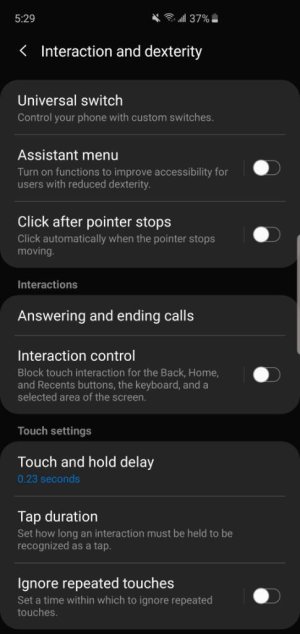If it's not noticable under normal means it simply doesn't matter.
What matters to a given individual eventually is not a relevant datum. Once one maker catches on to something that is a legitimate improvement that not even the most painstaking "I don't see it" claims can deny, it'll become the norm. That's how we get 4K when 1080p is legitimately "good enough" for most people.


